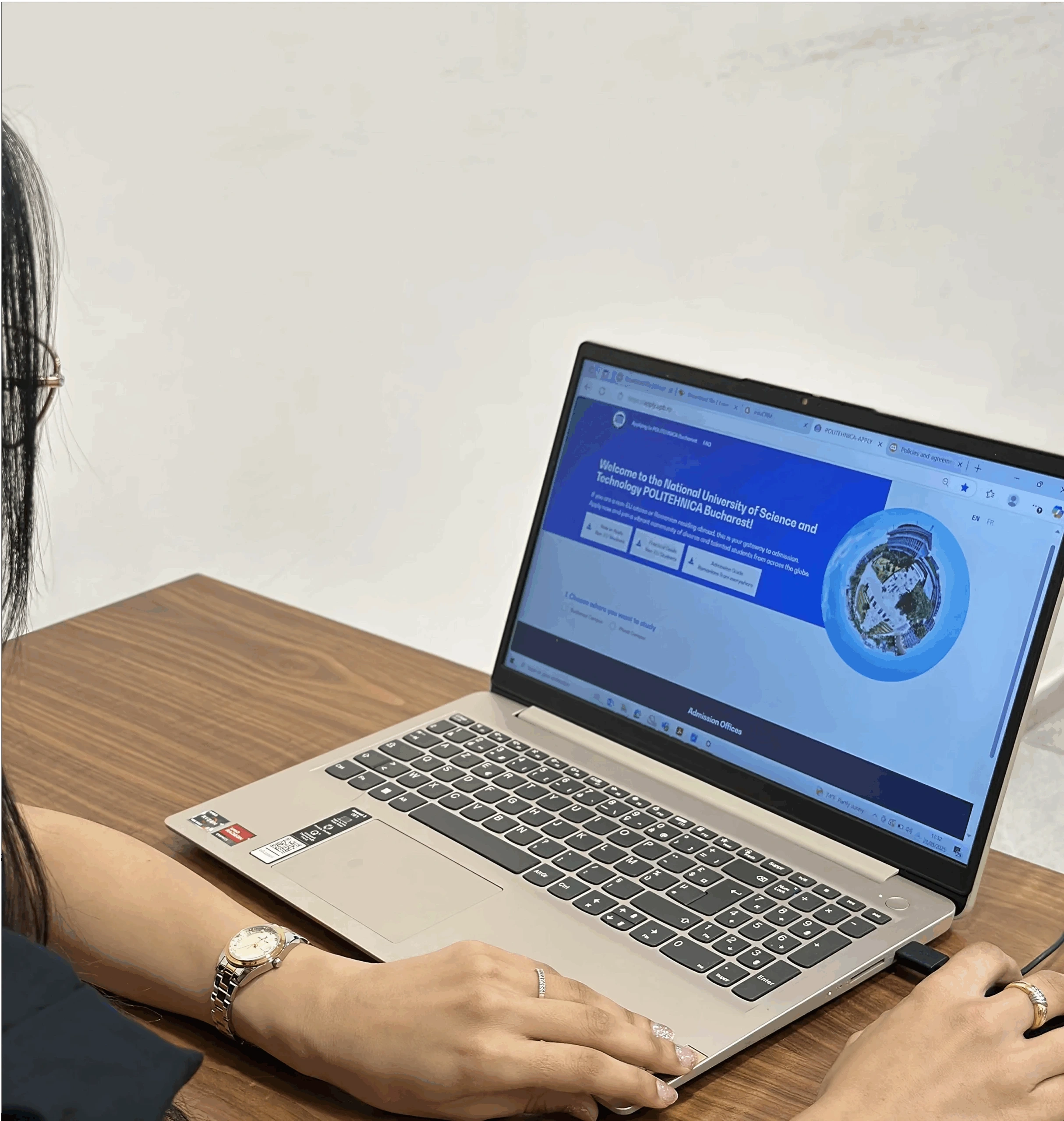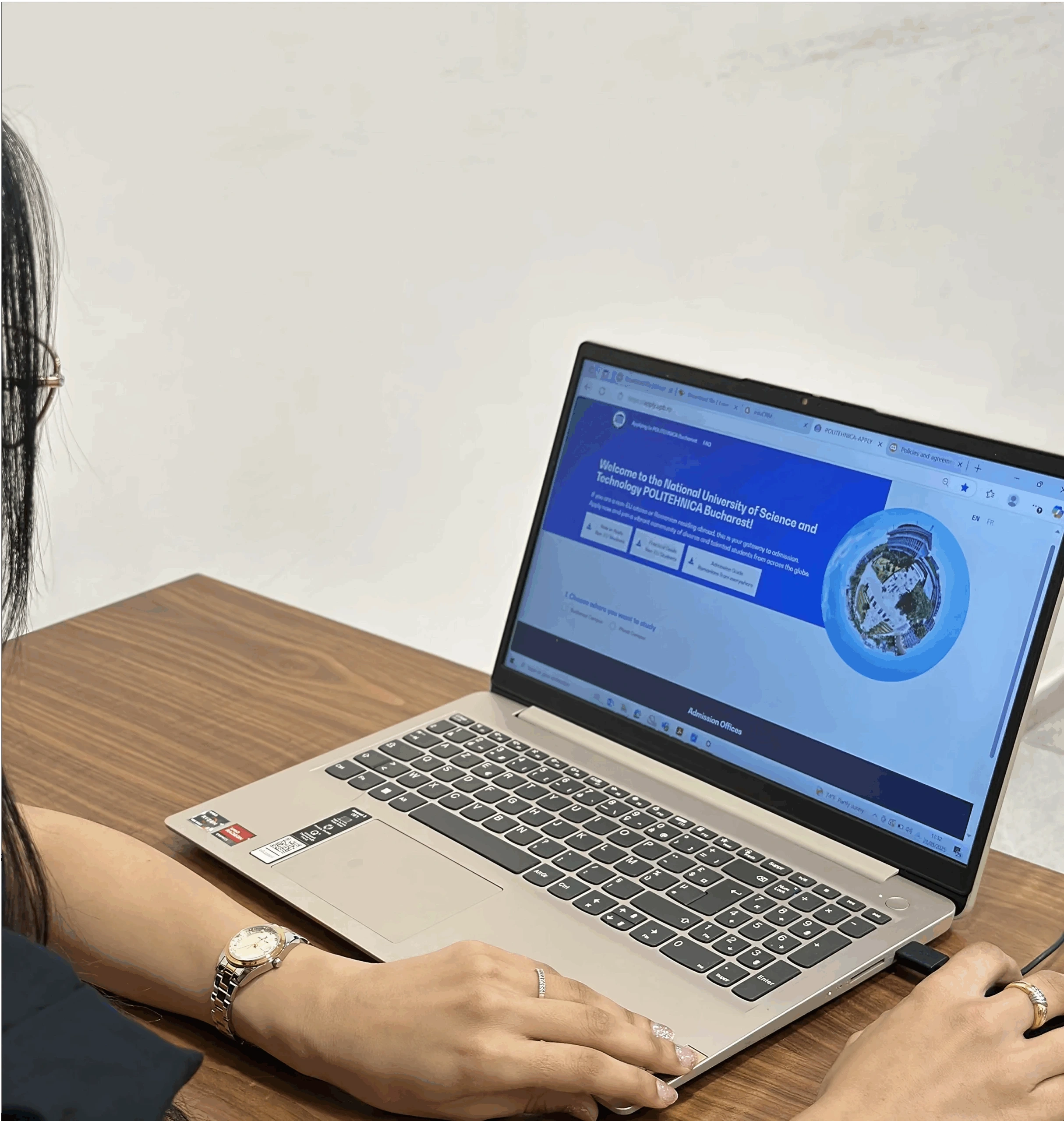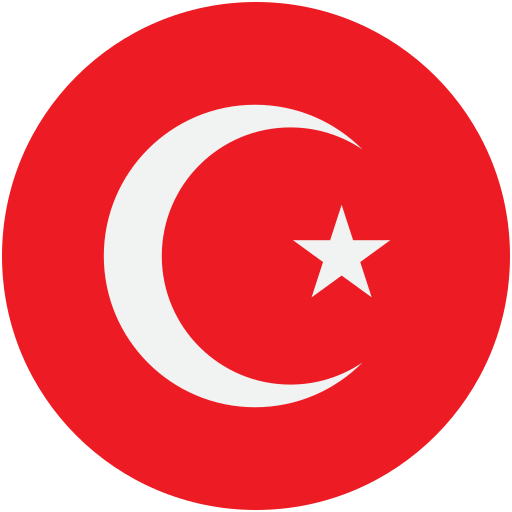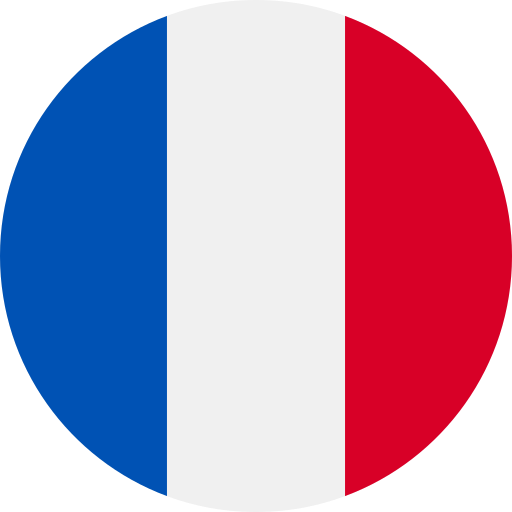
Spain: A Destination for Every Student Profile
Whether or not you speak Spanish, Spain welcomes you into its higher education system. With accessible options and an exceptional lifestyle, Spain is a top pick for international students.
Why Is Spain Attracting More and More Students?
Spanish universities are increasingly popular among Tunisian students for their accessibility, bilingual programs, and cultural appeal.
80+
recognized public and private universities
55M+
international students annually
2 +
admission pathways: Spanish or direct English
600 à 900 €
Student living costs:month depending on city
With EduWorld, you can choose the path that fits your profile: Learn Spanish at an accredited language center, then transition into public universities. Or go straight into English-taught programs at top-tier private universities.
Languages of Instruction & Intakes
Languages of Instruction: English and Spanish
Intakes
Language Centers: Year-round (monthly sessions)
Universities: September/October, some in February/April
Why Choose Spain?
Admission requirements vary depending on the type of institution and the chosen language of instruction.
- For Public University via Spanish track:
- High school diploma
- B2 level Spanish certificate (DELE, SIELE, or university test)
- Academic records, motivation letter, passport, CV
- For English-track Private Universities:
- High school diploma
- B2 level English (IELTS, TOEFL, Duolingo or university interview)
- Academic file: transcripts, CV, motivation letter, passport
- Some institutions allow enrollment after an interview, without an official test


Learn Spanish in Spain Before University
-
• Not speaking Spanish is not a barrier. Start your journey with an intensive language program at an accredited center in Spain.
The Path:
- Enroll in an intensive Spanish course (6 to 9 months)
- • Take a language exam (DELE, SIELE, or university test)
- • Enter public university programs: medicine, engineering, law, psychology, etc.
EduWorld guides you through every step from visa to university registration.


Study in English at a Private University
-
• Prefer studying in English without learning Spanish? Spain has several top-quality private universities with fully English-taught programs available right after high school.
What to Expect:
- 100% English-taught programs
- Popular fields: business, digital marketing, IT, tourism, design
- International campuses, small classes, and personalized support


From Dream to Departure: We’re With You Every Step of the Way
Whether you’re starting with Spanish or going straight into an English-taught degree, EduWorld supports you from A to Z
Our Support Includes:
- 🎓 Tailored guidance to select your path
- 🎓 Full application support for language centers or universities
- 🎓 Translation and apostille of official documents
- 🎓 Coaching for university or visa interviews
- 🎓 Student visa assistance
- 🎓 Help with housing in your chosen city
🎓 Our goal: to make your study journey in Spain smooth and successful.
Do you dream of studying abroad?

CHOOSE EDUWORLD!
A local agency specialized in advising and offering personalized support to high school graduates and students who aspire to pursue higher education abroad.
Don’t hesitate — your first consultation with one of our academic advisors is free
- info@eduworld.education

 Study in Hungary
Study in Hungary Study in Germany
Study in Germany Study in Malta
Study in Malta Study in Turkey
Study in Turkey Study in Canada
Study in Canada Study in Spain
Study in Spain Study in Dubai
Study in Dubai Study in Romania
Study in Romania Study in the United State
Study in the United State Study in France
Study in France Study in UK
Study in UK